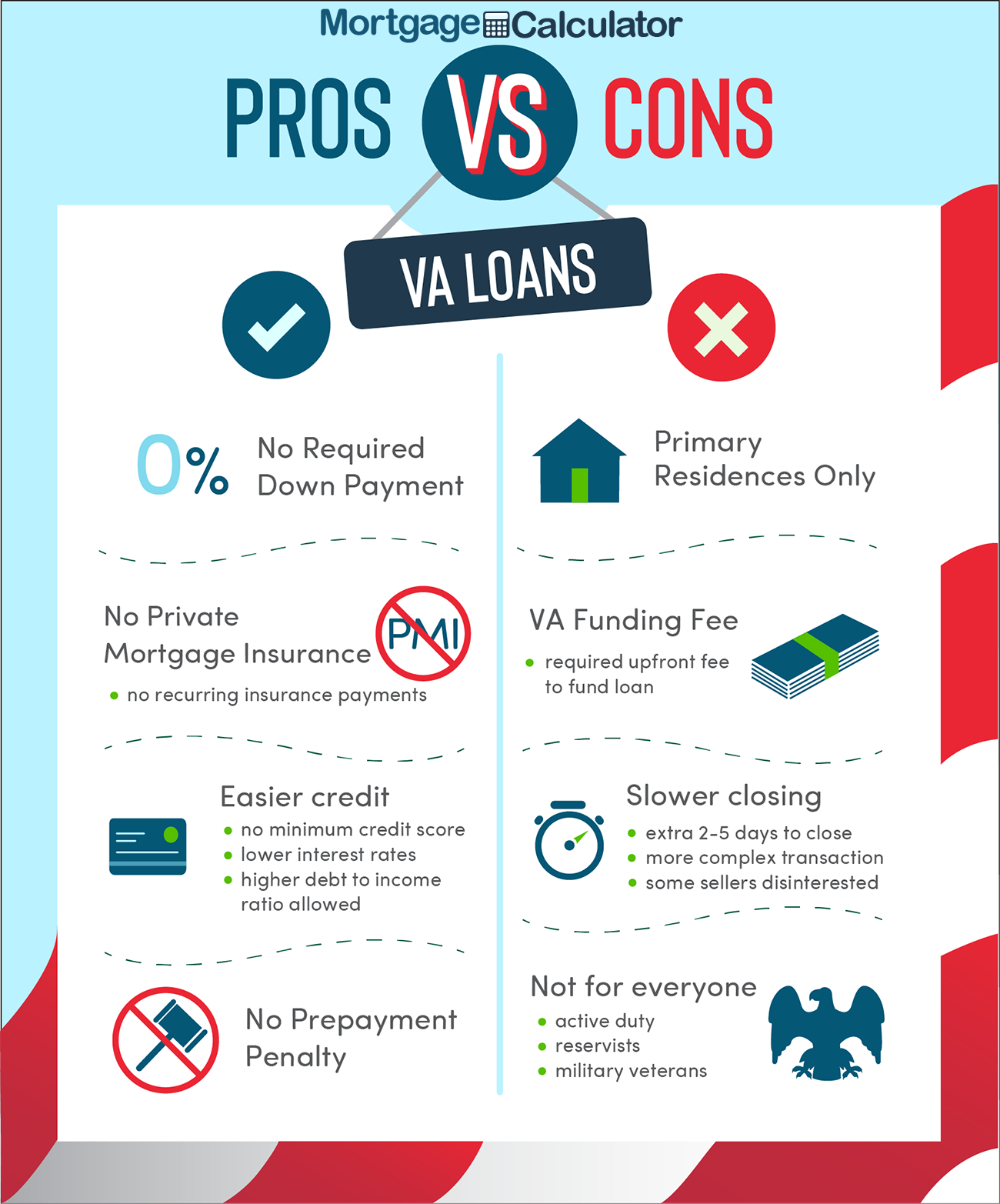Some Ideas on Why Do Banks Sell Mortgages To Fannie Mae You Need To Know
The reverse mortgage balance can be paid back at any time without penalty. You can select to either repay the loan willingly or defer interest till you later on sell your house. When the loan balance will be paid in full any staying equity will belong to your heirs or estate. Yes. A foreclosure is a legal process where the owner of your reverse mortgage obtains ownership of your residential or commercial property. Even if you have actually gotten a foreclosure notification, you may still be able to prevent foreclosure by pursuing one of the options kept in mind above. Your reverse mortgage business (likewise described as your "servicer") will ask you to certify on a yearly basis that you are living in the property and maintaining the residential or commercial property.
Nevertheless, these expenses are your obligation so be sure you've set aside adequate money to spend for them and ensure to pay them on time. Not fulfilling the conditions of your reverse home mortgage may put your loan in default. This suggests the mortgage business can demand the reverse home mortgage balance be paid completely and might foreclose and sell the residential or commercial property.
However, if you move or offer the home, the loan ends up being due and must be settled. In addition, when the last making it through debtor passes away, the loan ends up being due and payable. Yes. Your estate or designated beneficiaries may keep the residential or commercial property and satisfy the reverse mortgage debt by paying the lower of the home loan balance or 95% of the then-current assessed worth of the house.
No debt is passed along to the estate or your heirs. Yes, if you have actually supplied your servicer with a signed third-party authorization document authorizing them to do so. No, reverse home mortgages do not allow co-borrowers to be included after origination. Your reverse home mortgage servicer might have resources available to assist you.

Your counselor will help you evaluate your financial situation and deal with your home loan servicer. In addition, your therapist will have the ability to refer you to other resources that may help you in stabilizing your spending plan and keeping your home. Ask your reverse mortgage servicer to put you in touch with a HUD-approved counseling company if you have an interest in talking to a housing therapist.
What Does Ltv Stand For In Mortgages Fundamentals Explained
Department of Real Estate and Urban Development (HUD) Office of the Inspector General Hotline 800-347-3735 or email: [email secured] Federal Housing Finance Firm Workplace of the Inspector General Hotline 800-793-7724 or on the Web at: www.fhfaoig.gov/ReportFraud Even if you remain in default, options may still be available. As a first step, call your reverse home mortgage servicer (the business servicing your reverse mortgage) and discuss your situation.
You can likewise call a HUD-approved counseling firm to learn more about your scenario and options to assist you prevent foreclosure. Ask your reverse home loan servicer to put you in touch with a HUD-approved therapy company if you have an interest in speaking to a housing therapist. It still may not be far too late.
If you can't settle the reverse home loan balance, you might be eligible for a Short Sale or Deed-in-Lieu of Foreclosure (how do adjustable rate mortgages work).
A reverse mortgage is a mortgage, normally protected by a house, that makes it possible for the customer to access the unencumbered value of the residential or commercial property. The loans are typically promoted to older house owners and usually do not need regular monthly home mortgage payments. Borrowers are still responsible for real estate tax and property owner's insurance.
Because there are no required home loan payments on a reverse home loan, the interest is contributed to the loan balance monthly. The rising loan balance can eventually grow to go beyond the value of the house, particularly in times of decreasing home values or if the debtor continues to reside in the house for many years.
What Is The Interest Rates On Mortgages Fundamentals Explained
In the United States, the FHA-insured HECM (house equity conversion home mortgage) aka reverse home mortgage, is a non-recourse loan. In basic terms, the customers are not accountable to pay back any loan sell timeshare with no upfront fees balance that exceeds the net-sales profits of their house. For instance, if the last customer left the house and the loan balance on their FHA-insured reverse mortgage was $125,000, and the home cost $100,000, neither the customer nor their beneficiaries would be accountable for the $25,000 on the reverse mortgage that exceeded the worth of their house.
A Get more info reverse home loan can not go upside down. The expense of the FHA home mortgage insurance is a one-time charge of 2% of the assessed value of the house, and then an annual cost of 0.5% of the exceptional loan balance. Particular guidelines for reverse mortgage deals differ depending on the laws of the jurisdiction.
Some economists argue that reverse mortgages may benefit the senior by raveling their income and usage patterns with time. Nevertheless, regulatory authorities, such as the Customer Financial Defense Bureau, argue that reverse mortgages are "intricate items and tough for consumers to understand", especially because of "misleading advertising", low-quality counseling, and "threat of fraud and other scams".
In Canada, the customer needs to seek independent legal suggestions prior to being approved for a reverse home loan. In 2014, a "reasonably high number" of the U.S. reverse home mortgage customers about 12% defaulted on "their residential or commercial property taxes or property owners insurance coverage". In the United States, reverse home mortgage customers can face foreclosure if they do not maintain their homes or keep up to date on house owner's insurance and real estate tax.

Under the Responsible Loaning Laws the National Consumer Credit Protection Act was modified in 2012 to include a high level of regulation for reverse home mortgage. Reverse home loans are also regulated by the Australian Securities and Investments Commission (ASIC) needing high compliance and disclosure from lenders and consultants to all debtors.
8 Simple Techniques For How Is Lending Tree For Mortgages
Anybody who desires to take part in credit activities (including loan providers, lessors and brokers) need to be certified with ASIC or be an agent of somebody who is certified (that is, they should either have their own licence or come under the umbrella of another licensee as an authorised credit representative or worker) (ASIC) Eligibility requirements differ by lender.
Reverse home mortgages in Australia can be as high as 50% of the residential or commercial property's value. The specific amount of cash offered (loan size) is identified by numerous elements: the customer's age, with a higher quantity readily available at a higher age present rate of interest the home's place program minimum and optimum; for example, the loan might be constrained to a minimum of $10,000 and an optimum of in between $250,000 and $1,000,000 depending on the lender.
These expenses are regularly rolled into the loan itself and for that reason substance with the principal. Typical expenses for the reverse mortgage consist of: an application fee (establishment fee) = in between $0 and $950 stamp duty, mortgage registration charges, and other federal government charges = differ with http://raymondkoba970.almoheet-travel.com/h1-style-clear-both-id-content-section-0-8-simple-techniques-for-when-did-30-year-mortgages-start-h1 place The interest rate on the reverse home loan differs.
